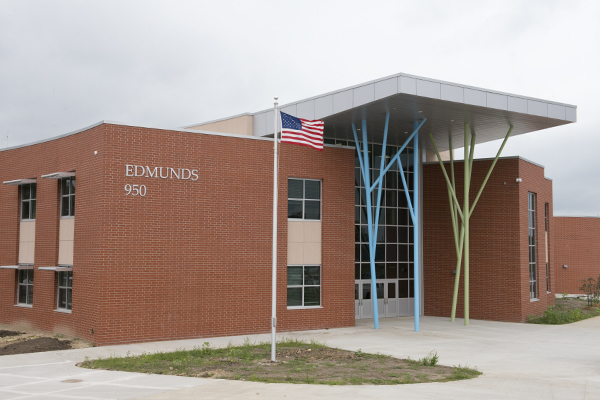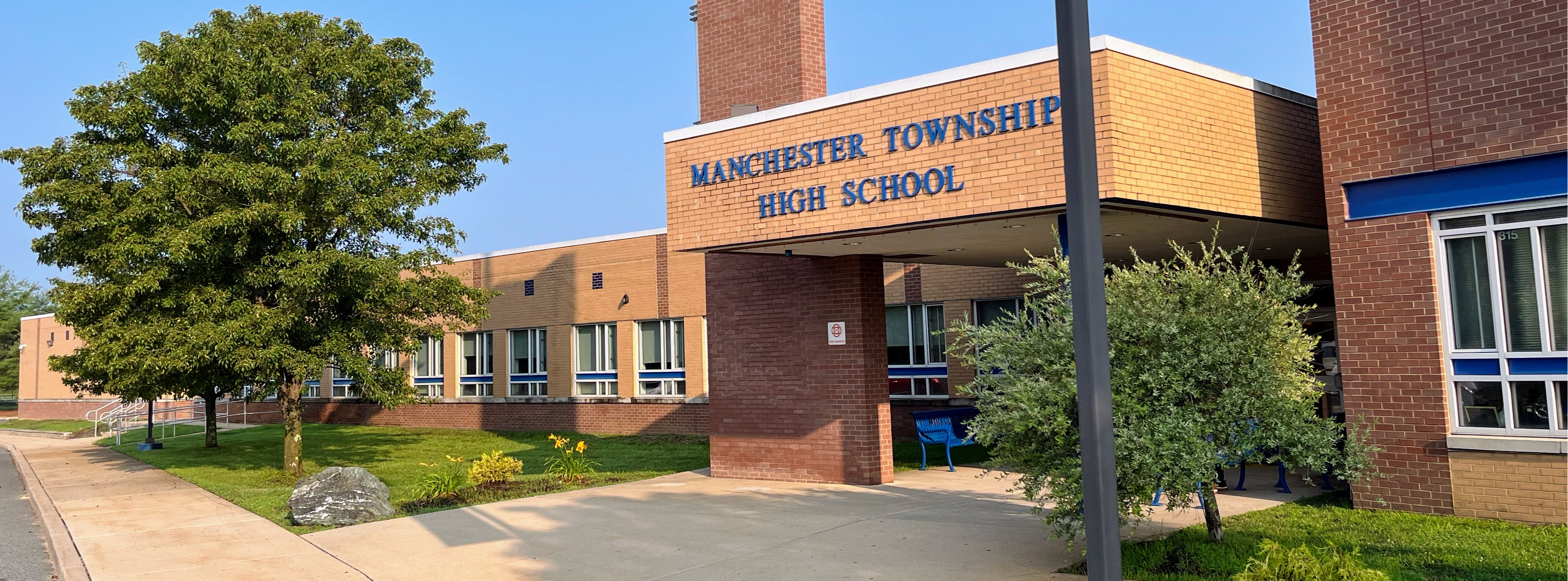How You Can Help Save Temecula Schools for Future Generations
Just How Schools Play a Critical Duty in Shaping Future Leaders and Pioneers
By integrating project-based understanding and interdisciplinary studies, educational organizations test pupils to evaluate and synthesize intricate details. Teachers offer as advisors, guiding trainees and supporting their possibility, while extracurricular tasks better establish leadership skills and durability.
Cultivating Critical Assuming
In today's quickly evolving world, fostering vital believing within schools has become paramount. As society comes to grips with progressively intricate worldwide difficulties, the capacity to evaluate, evaluate, and manufacture information is necessary. Institutions play a vital role in developing these skills, preparing students to navigate and resolve multifaceted issues with notified, reasoned decisions.
To cultivate essential reasoning, instructors utilize different instructional methods that encourage active discovering and intellectual engagement. Class discussions, problem-based learning, and Socratic questioning are crucial in advertising reflective and logical mind. By testing trainees to question assumptions and take into consideration multiple perspectives, these approaches ensure a deeper understanding of topic past memorizing memorization.
Moreover, incorporating critical believing throughout the educational program strengthens its importance and applicability in diverse contexts. Topics such as mathematics, science, history, and literature each deal distinct opportunities to create students' essential faculties. Examining historical occasions calls for examining resources and recognizing context, while clinical inquiry needs extensive theory testing and evidence-based thinking.
Eventually, instilling critical believing skills in students equips them with the cognitive devices needed for long-lasting learning and flexibility. It is via this foundational capability that future leaders will be able to introduce, address problems, and contribute meaningfully to culture.
Motivating Creativity
Embracing creative thinking within educational structures galvanizes trainees to think beyond conventional boundaries and explore cutting-edge solutions. By integrating artistic ventures and creativity workouts into the educational program, colleges grow an environment where creativity and creative thought are valued. This method not just improves the educational experience but likewise furnishes pupils with the ability to deal with real-world difficulties in unique ways.
School can cultivate creativity via diverse means such as project-based discovering, interdisciplinary studies, and the incorporation of arts and technology. Project-based knowing, for example, urges trainees to apply their understanding in practical, frequently collaborative, tasks that require innovative analytical abilities. Interdisciplinary studies permit trainees to draw links between different topics, thereby widening their viewpoints and boosting their imaginative capabilities.
Moreover, giving students with chances to involve with arising technologies, such as coding and electronic layout, better nurtures their creative possibility. These tasks trigger pupils to experiment, fail, and repeat, which are vital parts of the imaginative process (Save Temecula Schools). By maintaining an encouraging setting where experimentation is motivated, colleges can make sure that trainees develop the confidence to go after innovative concepts
Essentially, nurturing imagination in academic settings is indispensable for shaping future leaders and pioneers qualified of attending to complex global issues with ingenuity.
Promoting Cooperation

Executing group-based knowing modules and participating projects allows pupils to experience the dynamics of teamwork firsthand. This not just prepares them for the joint nature of modern work environments but additionally nurtures leadership high qualities as they typically have to handle duties such as job managers or group coordinators. Furthermore, cooperation in the classroom can damage down social barriers and promote inclusivity, guaranteeing that each student really feels valued and listened to.
In addition, incorporating modern technology can further sustain collaborative efforts. Tools like shared digital workspaces and interactive platforms make it possible for pupils to interact efficiently, also outside the classroom. As trainees create these collaborative skills, they are much better geared up to take on complex difficulties and introduce, preparing for their future duties as leaders and trendsetters.
Function of Educators as Advisors

Mentorship involves customized focus, where educators recognize and support individual staminas and address weaknesses. Save Temecula Schools. With one-on-one communications, teachers can tailor their recommendations and assistance to meet each pupil's special demands, promoting a feeling of self-confidence and resilience. This tailored method grows a development mindset, urging pupils to check out failings as chances for discovering and growth
In addition, educators function as duty designs, demonstrating the values of willpower, stability, and compassion. Their activities and attitudes offer a blueprint for trainees to mimic, instilling a sense of honest responsibility and social awareness. By producing a helpful and inclusive class setting, educators make it possible for pupils to establish social skills that are crucial for reliable leadership.
Basically, the mentorship offered by educators lays a foundational structure for the development of future leaders, furnishing them with the knowledge, abilities, and worths required to stand out in an ever-evolving globe.
Impact of After-school Activities
When incorporated effectively right into the instructional framework, extracurricular tasks considerably enhance pupil growth browse around this site and management potential. These activities give students with opportunities to check out interests beyond the traditional curriculum, promoting a well-rounded ability set.
Moreover, extracurricular involvement urges creativity and advancement. Trainees involved in dramatization, music, or debate clubs find out to think seriously and method troubles from varied perspectives. These experiences instill read self-confidence, enabling trainees to articulate their concepts and take campaign in numerous settings. By working together with peers from various histories, pupils additionally establish compassion and interaction skills, important qualities for future leaders.
Research suggests that trainees involved in such programs often tend to have greater qualities and much better attendance records. Thus, colleges that prioritize a well balanced strategy to education, incorporating robust extracurricular programs, are a lot more most likely to produce leaders and pioneers outfitted to satisfy the difficulties of the future.

Final Thought
Finally, schools significantly shape future leaders and innovators by nurturing important thinking, imagination, and partnership amongst students. Engaging pedagogical methods such as project-based learning and interdisciplinary studies play an essential role in this advancement. Educators, acting as advisors, provide vital advice and assistance, while extracurricular tasks further improve management possible and strength. By fostering a supportive setting that values specific strengths and synergy, schools furnish trainees with the required abilities to browse future challenges and drive development.
As trainees create these joint abilities, they are much better geared up to tackle see complex obstacles and innovate, laying the foundation for their future functions as leaders and trendsetters.
By cultivating important thinking and problem-solving skills, teachers aid trainees browse complicated difficulties, preparing them for leadership duties in numerous areas.
By working together with peers from various histories, trainees also develop empathy and communication abilities, important qualities for future leaders.
In conclusion, colleges significantly form future leaders and trendsetters by supporting essential thinking, creative thinking, and cooperation amongst pupils. By promoting a helpful setting that values individual toughness and team effort, schools equip trainees with the necessary abilities to navigate future difficulties and drive development.